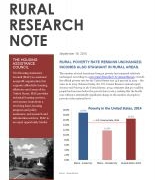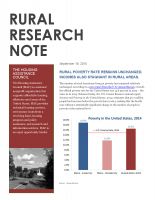Housing Assistance Council Statement on Federal Government Shutdown
by David Lipsetz, CEO, Peter Carey, Chair, Peggy Wright, President
It is past time to end the government shutdown. As the budget stalemate continues, the impact on small towns and rural families grows more severe. Every day Americans are losing out on billions of dollars’ worth of affordable housing, clean drinking water, and community facilities, like town halls, fire stations and hospitals. Like it or not, the federal government does important work, and must be reopened now.
The shutdown has thrown countless rural home sales into limbo. U.S. Department of Agriculture offices are closed, so the department’s Rural Housing Service is not making mortgages, guaranteeing mortgages made by banks, or processing requests for new mortgages.
The homebuying industry is central to the entire U.S. economy. Because USDA is closed, rural residents and businesses have lost the annual equivalent of more than $25 billion of business. Some of that activity will go forward when the government reopens, but some will not. Sellers have found other buyers. Buyers are losing out on the stability and wealth-building of home ownership. Businesses are not selling furniture and other goods and services to new home buyers. Realtors and local banks are losing time, money and, potentially even worse for the long-term health of the housing market, their customers’ confidence in publicly-backed privately-managed mortgages. Ripples from these, and all the other shutdown-related missed opportunities, will extend to the national economy, and will get bigger as the shutdown continues.

The Housing Assistance Council has been hearing about these ripple effects from rural community organizations we work with around the country. A group in Utah has to find $1.3 million to reimburse electricians, plumbers and others for work they have already done on USDA-financed houses under construction. A realtor in a small town in Tennessee has lost 90 percent of their business without USDA mortgages. In Alaska and elsewhere, families are hearing from their insurance companies that USDA has not made their homeowners’ insurance payments – the money is there, escrowed from the residents’ monthly mortgage payments to USDA, but there are no staff at USDA to send out the funds.
HAC is also keeping in close contact with rural tenants and landlords who rely on USDA. More than 268,000 tenant families receive USDA rental assistance. Their annual incomes average less than $11,000 and two-thirds of them are elderly or disabled. If the shutdown continues into February, USDA will run out of money to help thousands of those tenants pay their rent. This is putting renters and their landlords into an impossible situation. Renters will have to decide whether to divert their grocery money to cover the gap in rent or to risk eviction. Landlords will have to decide whether to punish renters for non-payment or stop paying for other things like insurance, taxes and property management staff.
At the same time, USDA’s multi-billion dollar loan programs for water systems, rural health clinics, schools and fire halls are shut down; tens of thousands of low-income tenants who rely on the Department of Housing and Urban Development for similar programs are losing their rent support; and countless other Americans are suffering in myriad ways.
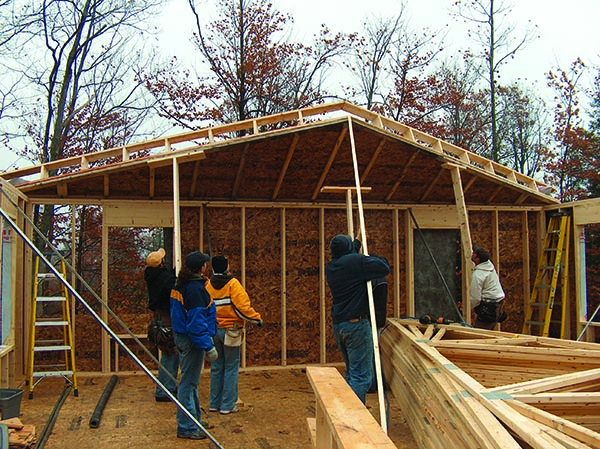
This is no way to manage the public’s programs. End this shutdown now!
About the Housing Assistance Council
The Housing Assistance Council helps build homes and communities across rural America. Founded in 1971 and headquartered in Washington, D.C., HAC is a national nonprofit and a certified community development financial institution dedicated to helping local rural organizations build affordable homes by providing below-market financing, technical assistance, training, research, and information services. To learn more, visit www.ruralhome.org.

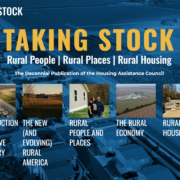
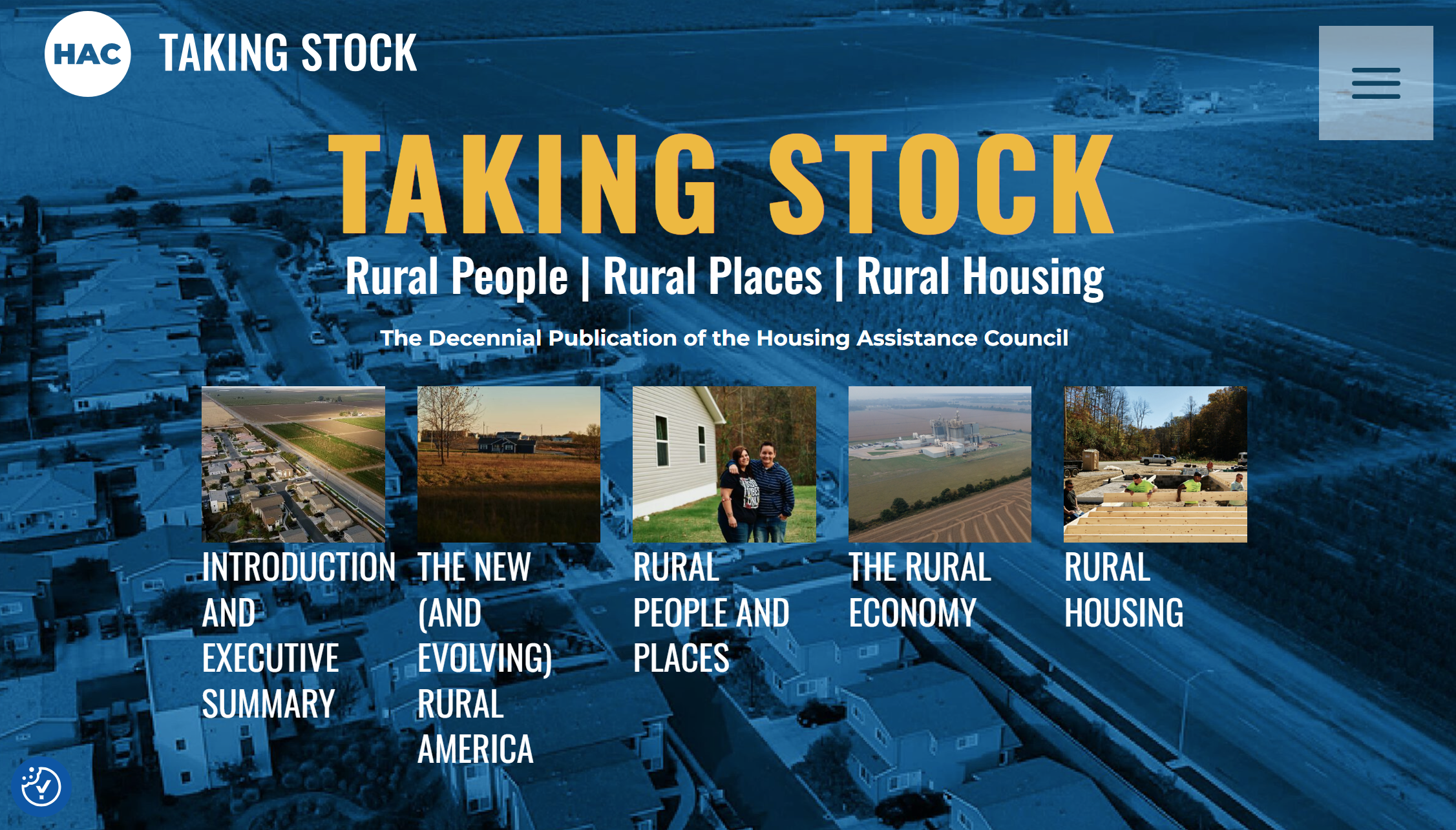


 “While the economy is strong overall, we recognize that some communities have yet to feel the full benefits of the ongoing expansion,” Powell said.
“While the economy is strong overall, we recognize that some communities have yet to feel the full benefits of the ongoing expansion,” Powell said.